By Jonas L. Goldstein
The accomplishments of Hannibal from his departure from Spain, his crossing of the Alps, and his battles on the Italian peninsula, climaxing with his great victory at Cannae, were enough to permanently etch his name among the greatest military leaders of history. This great record of accomplishment cannot but have buoyed him psychologically to the point where he felt he could proceed on his own terms, no matter what the prospects for the Roman Republic might be. Therefore, he chose a soft, politically motivated policy after his great victory, when all indications were that Rome was at least vulnerable to a coup de grâce. This underestimation of the resiliency of his enemy proved to be his undoing.
The strategy of Scipio Africanus, which entailed threatening the Carthaginians in North Africa rather than fighting on the Italian peninsula, in the end forced Hannibal to give up his plans for hegemony over Rome and return to Carthage to defend his homeland. Therefore, the very considerations that were paramount in his not attacking Rome directly were in the end meaningless. From the arrogant conqueror, he became the diffident leader who asked Scipio what might be done to avoid the critical Battle of Zama. While he escaped with his life, he emerged as an elderly defeated leader of a doomed nation.
[text_ad]
Waiting for the Death of a Hated Old Man
The terms Rome dictated after the Second Punic War were harsh and removed the North African nation as a military threat. But Hannibal did not retire after the peace of 201 BC. He remained at the head of the army that Carthage was allowed by the treaty to maintain for the defense of its territory. He further participated in the governing processes of his nation, but by holding governmental leaders accountable, he made many enemies.
Emissaries sent from Carthage to Rome accused him of carrying on secret intrigues with King Antiochus of Syria, who was hostile to Rome. The Roman Senate sent three of its members to indict him. Hannibal was not unaware of what was happening and fled eventually to Tyre. This was the beginning of a continuing effort to evade his powerful enemies, and Hannibal sank to the level of a desperate old man trying only to survive. Finally, cornered by the Romans in a small kingdom located in the eastern Mediterranean, Hannibal asked his servants for a bowl of wine. “It is time now,” he said, “to end the great anxiety of the Romans who have grown weary of waiting for the death of a hated old man.” With the wine, he drank the poison that he had carried during these last years. This was in the year 183 BC.
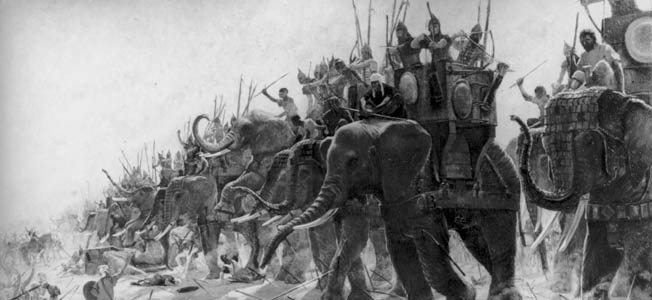

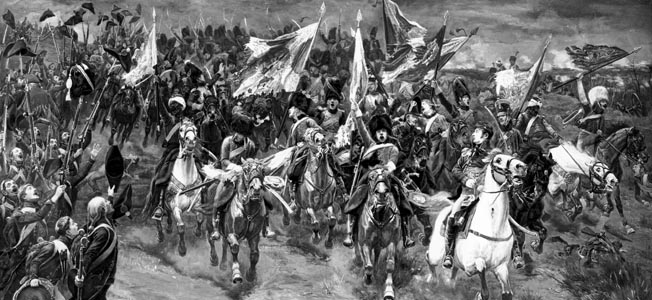
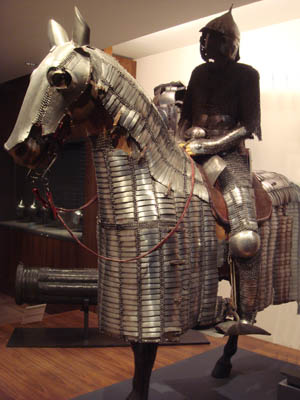
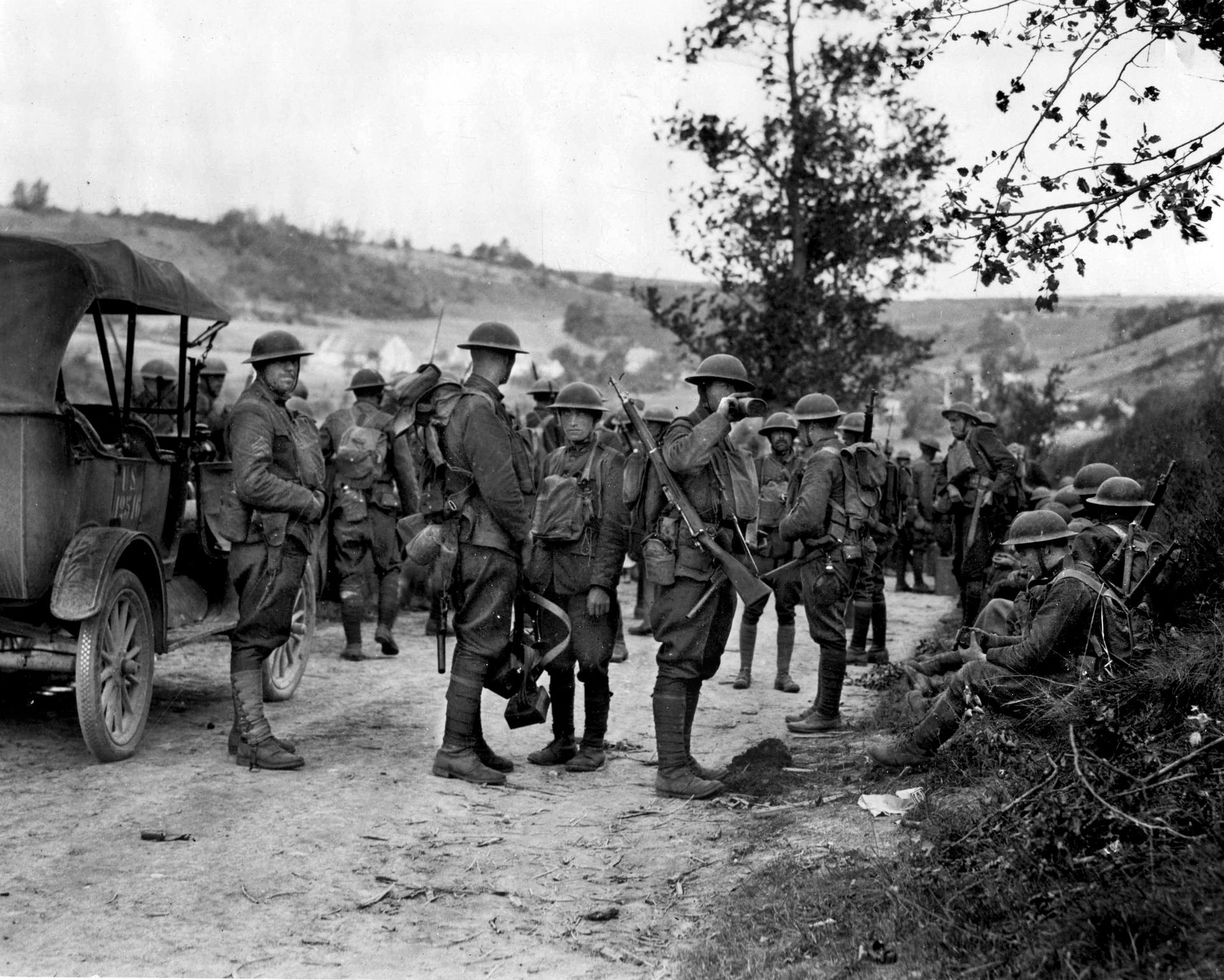
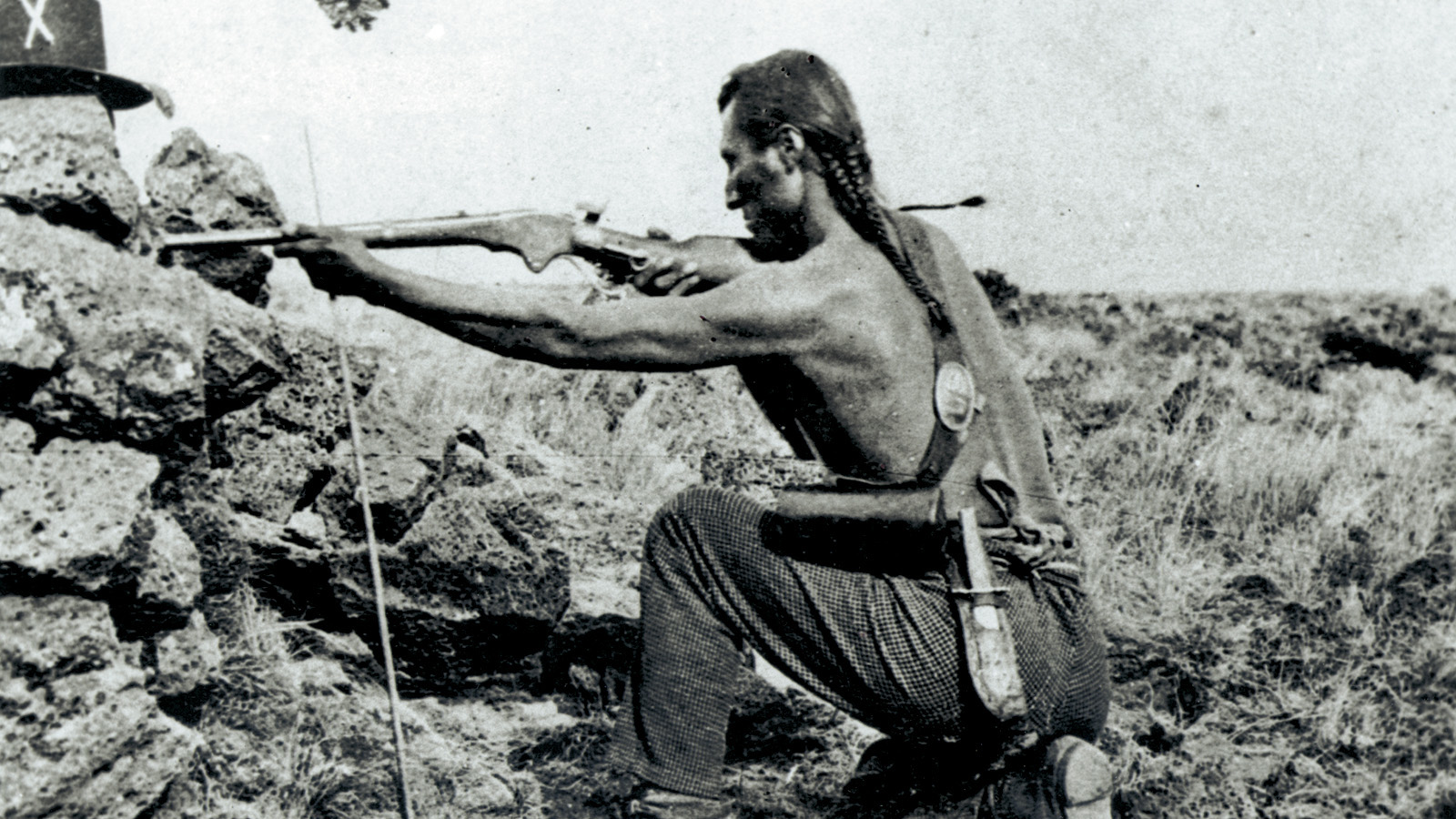
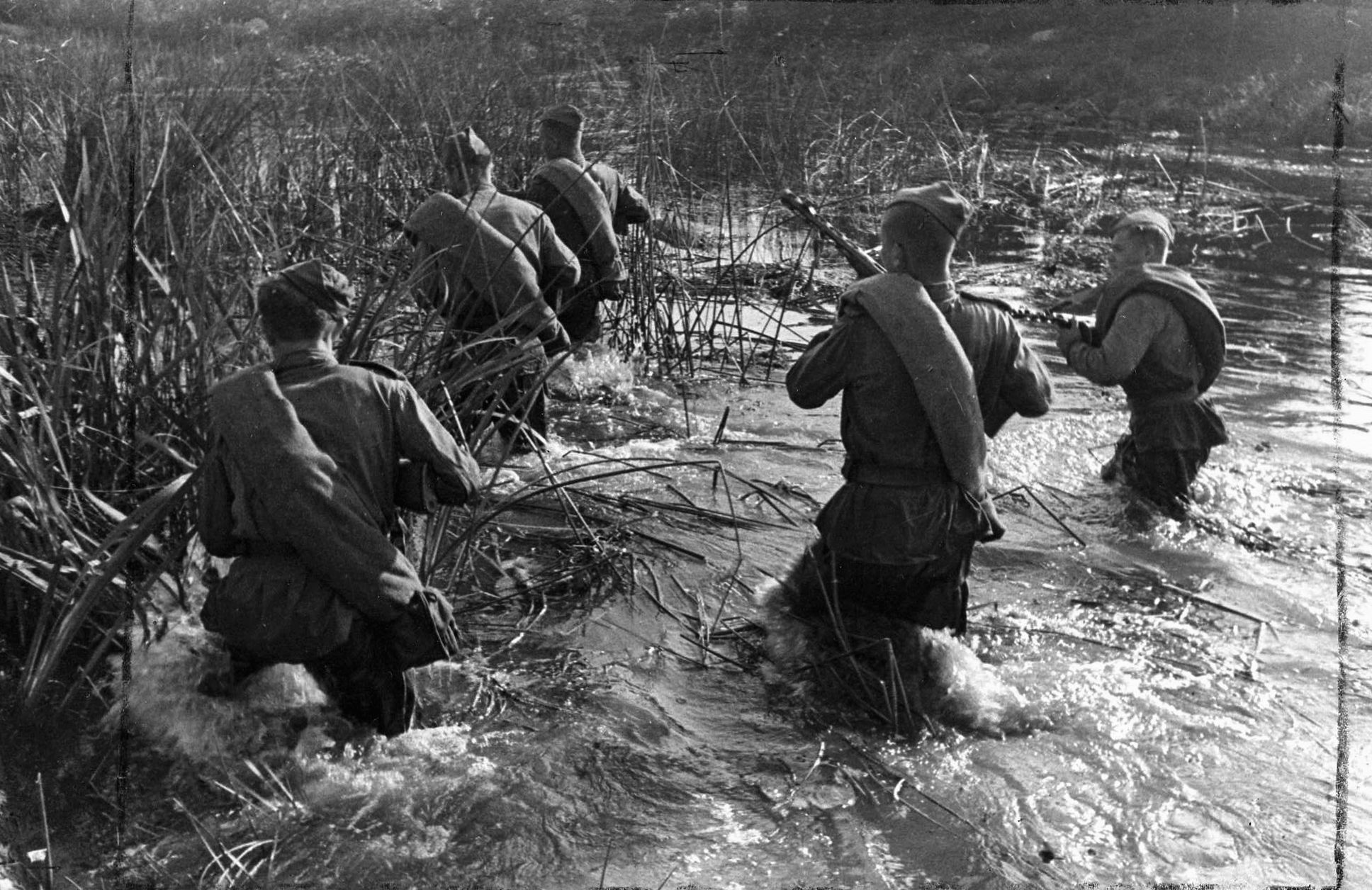
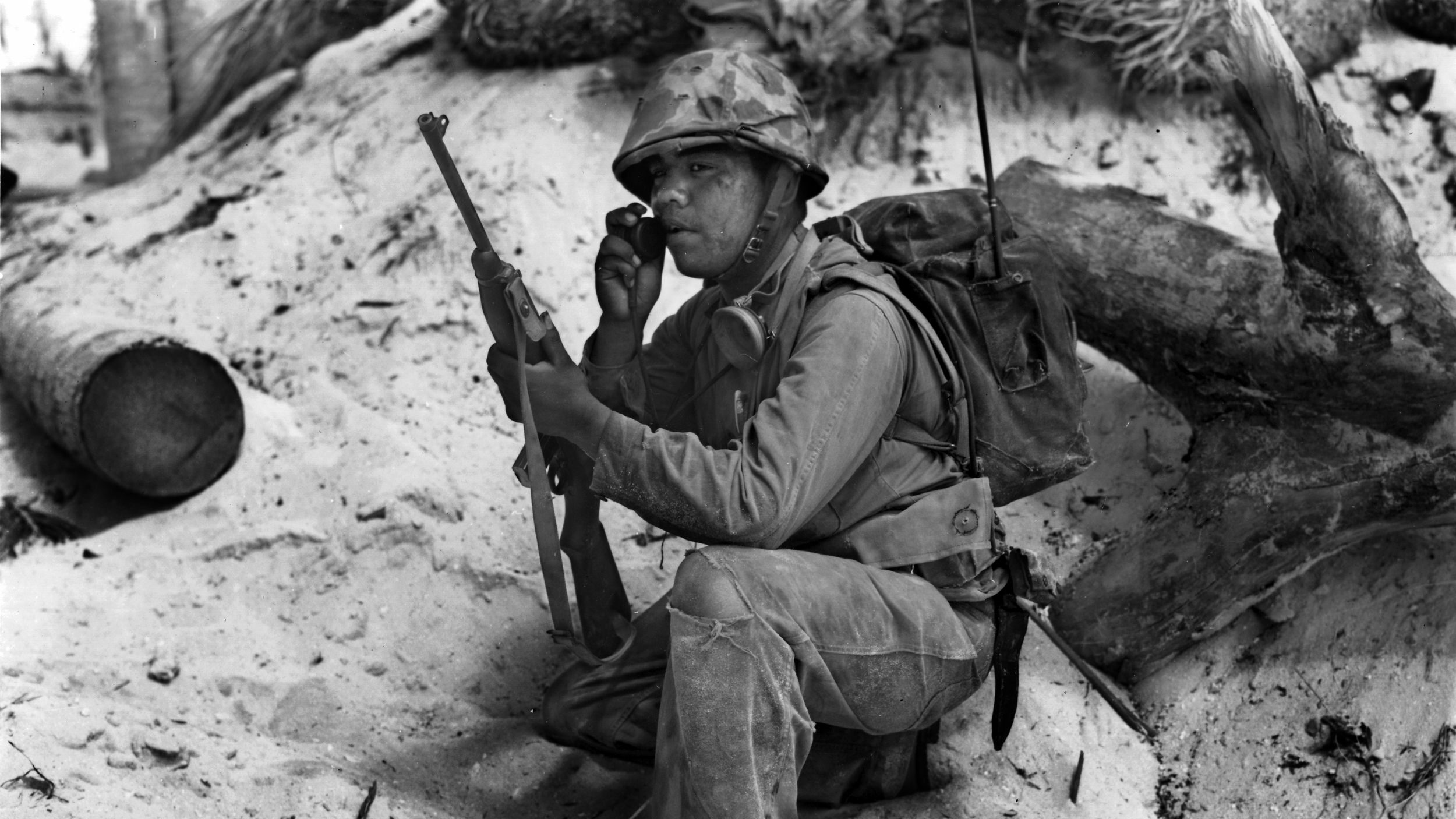

Nice article with more details than usually seen.
Does anyone know the exact location of the Battle of Zama?